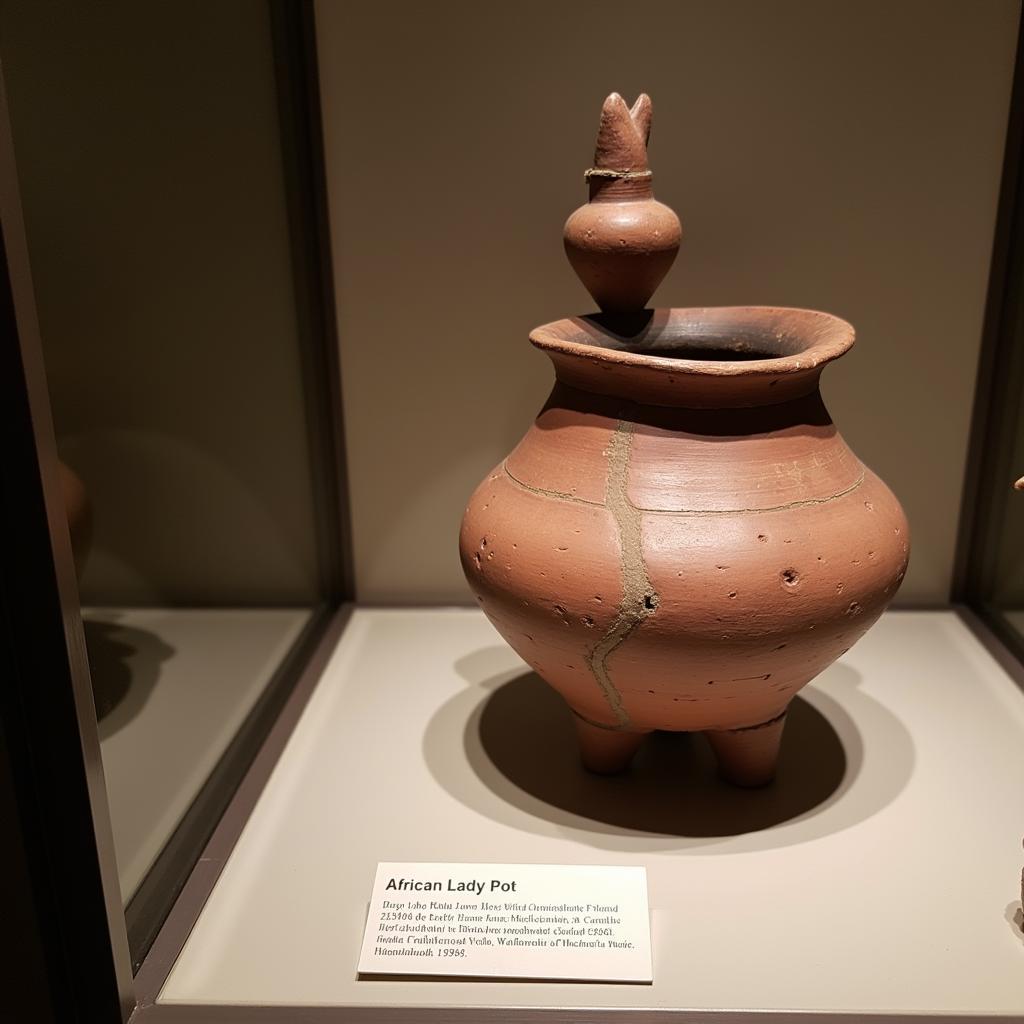African Grey Bird Shop: Everything You Need to Know
Bringing home a majestic African Grey parrot is an enriching experience, but choosing the right shop is paramount. This guide will equip you with all the information you need to find the perfect African Grey Bird Shop for your feathered friend.
Why Choose an African Grey Bird Shop?
African Greys are intelligent and social creatures. They require specialized care, including a spacious cage, nutritious diet, and plenty of mental stimulation. An African Grey bird shop offers a range of advantages for both you and your new companion:
- Expertise: African Grey specialists understand the specific needs of these parrots. They can advise on suitable cages, toys, and food.
- Variety: You’ll find a wider selection of African Grey birds from different ages and personalities.
- Health and Well-being: Reputable shops prioritize bird health. They offer health guarantees, vet checks, and proper quarantine procedures.
- Post-Sale Support: The best shops offer ongoing support with training, behavior guidance, and access to resources.
Finding the Right African Grey Bird Shop
Here’s how to ensure you find a shop that prioritizes ethical practices and the welfare of these intelligent birds:
1. Research and Reviews
- Online Reviews: Check online platforms like Yelp, Google Reviews, and specialized bird forums for customer experiences and recommendations.
- Bird Clubs and Associations: Reach out to local bird clubs or organizations for advice on reputable shops in your area.
2. Visit the Shop in Person
- Observe the Environment: The shop should be clean, well-ventilated, and spacious. The birds should be in clean, spacious cages with appropriate toys and enrichment items.
- Check for Signs of Health: The birds should be alert, energetic, and have clean feathers. Avoid shops with birds that seem lethargic, have feather plucking, or show signs of illness.
- Ask Questions: Engage with the staff. Ask about their experience with African Greys, their breeding practices, and their post-sale support.
3. Understanding Breeding and Ethical Practices
- Responsible Breeding: Reputable shops prioritize ethical breeding practices. This includes breeding for temperament and health, not just for appearance.
- Paperwork and Health Certificates: Ask for documentation on the bird’s lineage, vaccination history, and any health guarantees.
What to Look for in an African Grey Bird Shop
- Cage Sizes: African Greys need spacious cages with enough room for flight and movement. Ensure the cage is appropriate for the bird’s size and allows ample room for toys and perches.
- Diet and Nutrition: African Greys require a specialized diet high in fruits, vegetables, and seeds. Inquire about the shop’s recommendations for feeding and dietary needs.
- Toys and Enrichment: African Greys are intelligent and require mental stimulation. The shop should offer a variety of toys that challenge their cognitive abilities.
- Training Resources: Ask about the shop’s approach to training and any resources they provide for owners.
- Health Guarantees: Reputable shops will offer health guarantees covering potential health issues within a specific timeframe.
Frequently Asked Questions
Q: What is the average price of an African Grey parrot?
A: The price of an African Grey can vary greatly depending on factors such as age, lineage, and breeder. On average, they can range from $1,500 to $3,000 or more.
Q: How long do African Greys live?
A: With proper care, African Greys can live for 40-60 years, making them a long-term commitment.
Q: Are African Greys legal to own?
A: Ownership of African Greys is generally legal, but there may be specific regulations depending on your location. It’s essential to research and comply with local laws.
Choosing the Right Shop: A Final Thought
Remember, buying an African Grey is a significant decision. Choosing a reputable African Grey bird shop ensures you get a healthy, well-adjusted bird that is well-suited to your lifestyle. The commitment to responsible breeding, ethical practices, and post-sale support are critical factors in finding the perfect home for your new feathered friend.

